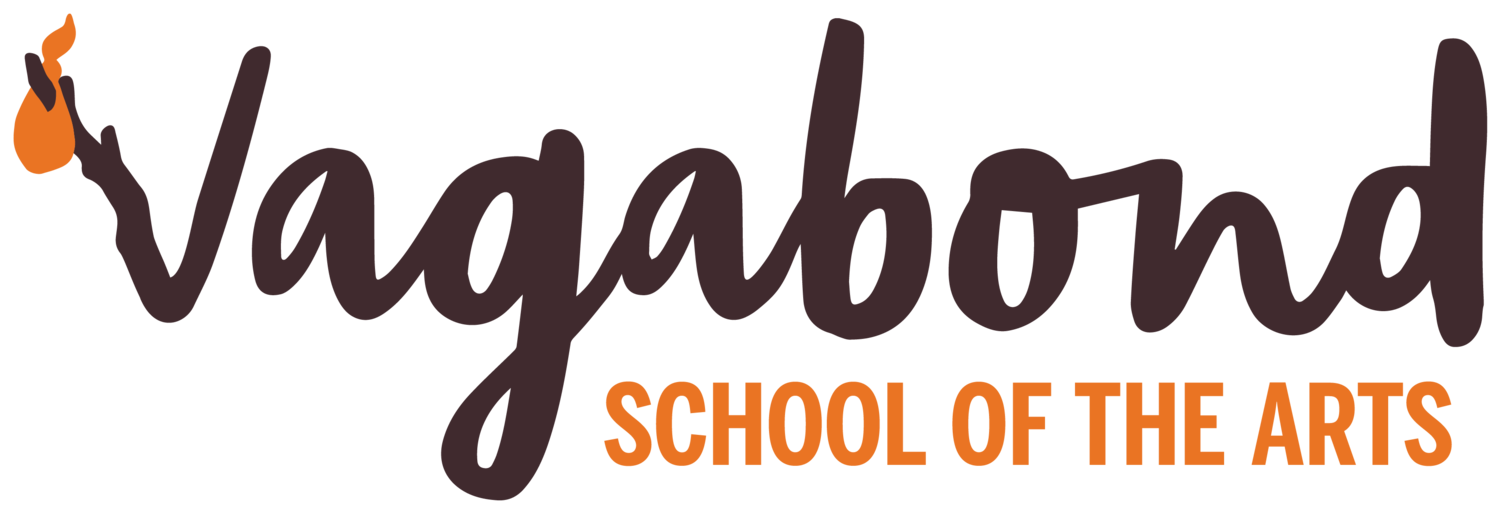Mastering Monologues!
One of the biggest tools an actor can have in their back pocket is a well-fitted and well-rehearsed monologue. You never know when you'll need to use it. Casting Directors may use it for a general audition or even for a particular play or film/tv script where the clients may not want to release sides. This could be for NDA purposes or the project is still in development.
But how do you go about choosing the perfect monologue? And what are the different types to consider? Let's break it down.
Types of Monologues
First things first, let's distinguish between the two main types of monologues: contemporary and classical.
Contemporary Monologue: These are speeches taken from plays or scripts ranging from the twentieth century to the present day. They offer a modern flavor and often resonate with contemporary themes and issues.
Classical Monologue: On the other hand, classical monologues are extracted from plays that span from ancient Greek theater to the end of the nineteenth century. Think Shakespearean soliloquies and the grandeur of period dramas.
Choosing the Right Monologue
The key to selecting the right monologue lies in understanding the context of your audition and showcasing your strengths as an actor.
For General Auditions: This is your moment to shine and leave a lasting impression. Choose a monologue that highlights your range and talent, while also considering the age appropriateness of the piece.
For Specific Projects: If you're auditioning for a particular play, film, or TV show, tailor your monologue to match the tone and style of the project. Whether it's a tragedy, comedy, or musical, aligning your monologue with the essence of the production can significantly enhance your chances.
Showing Range - Contrasting Monologues
Our founder, Michael McCracken, has strong thoughts on the terms “comedic” and “dramatic” monologue. He says “I think we have been taught wrong that our options for contrasting monologues are comedic and dramatic. I have worked with too many actors who hate finding monologues because they don’t feel like their comedic monologue will make the director laugh so they go with something inappropriate. And then they pick a dramatic monologue that is dark and deeply disturbing to show that they can ‘go there.’ Instead, I say: find a ‘good day’ monologue or a ‘bad day’ monologue. A good day monologue could friendly, quirky or silly (and it can still be funny, but you have not failed if they don’t laugh at it). Conversely, find a ‘bad day’ monologue where you might be frustrated, sad, or angry (and it can still have high stakes, but you don’t have to cry or yell the whole thing).”
Tips and Tricks
Here are some additional pointers to keep in mind when preparing your monologue:
Study the Full Script: Whenever possible, familiarize yourself with the entire script or play to gain insight into your character and their journey. Understanding the events leading up to your monologue can inform your performance and bring depth to your portrayal.
Stand Out: In a sea of auditionees, dare to be different. Choose a monologue that showcases your individuality and creativity, but steer clear of gimmicks or distractions that may detract from your performance.
Craft a Narrative: Aim for a monologue that has a clear beginning, middle, and end. This structure allows you to explore different emotional beats and captivate your audience from start to finish.
Keep It Concise: Unless specified otherwise, aim to keep your monologue between 1 to 2 minutes in length. A concise yet impactful performance is more likely to leave a lasting impression on casting directors.
Embrace Mistakes: Don't let a stumble or slip-up derail your audition. Take a breath, acknowledge the mistake, and gracefully reset if needed. Remember, casting directors appreciate professionalism and resilience.
Avoid Famous Speeches: Monologues from famous plays or films/television shows might cause the Casting Director to subconsciously compare you to the original actor.
By mastering the art of the monologue, you're equipping yourself with a powerful tool that can open doors to endless opportunities in the world of acting. So go ahead, choose your monologue wisely, and let your talent shine on stage and screen. The spotlight awaits.

